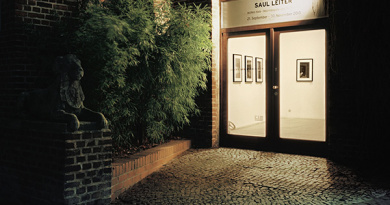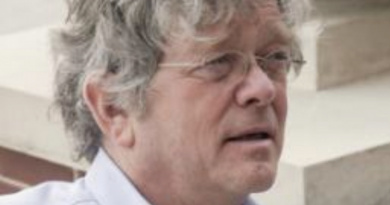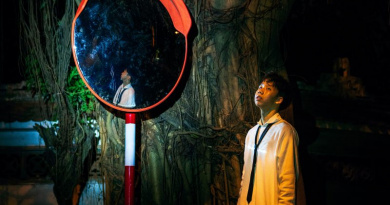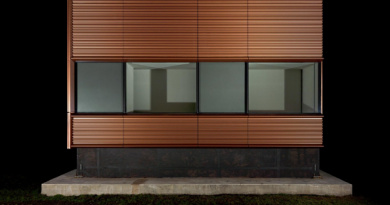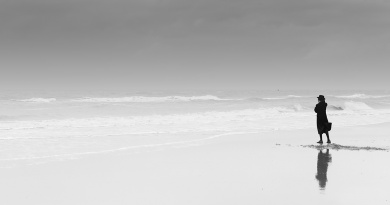We share time. We lose time. We find time. We use time. We take time. We get behind time. We need time. Yet time is never truly ours, even though we live in and through it. Since the triumphant perspective that saw only an unbroken trajectory of capitalist economic expansion, this narrative of the present and the future has been challenged, and time itself has come under critical and artistic scrutiny. A singular concept of time as a linear progression has been challenged by reinvigorated ideas of revolutionary time, of Indigenous temporalities, of Afrofuturism, of time lived by nonconforming bodies, of comrade time, of non-clock time, of public time—and all manner of temporalities that break from the imperatives of a time geared to regulate and contain the rhythms of life or drive an extractive economy. Time itself has become a site of struggle.
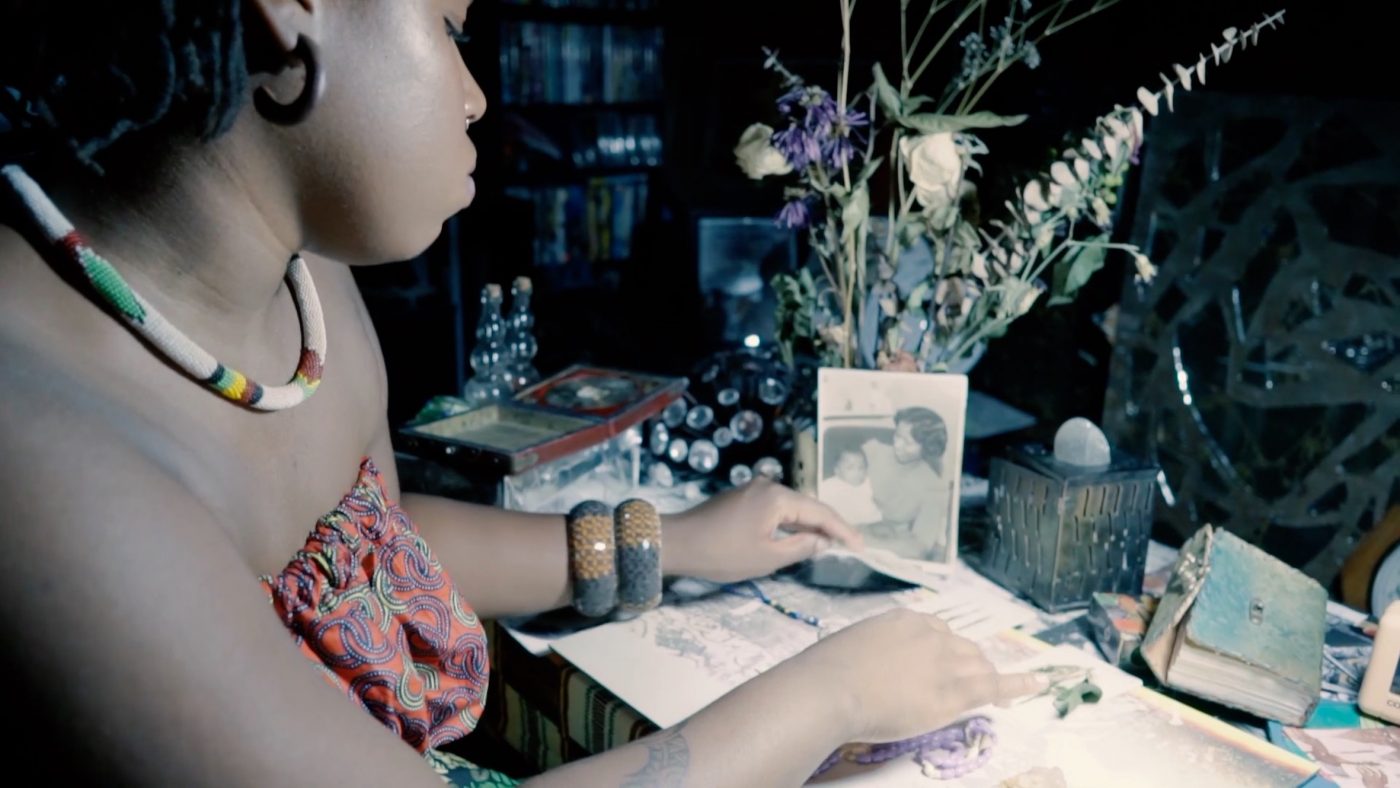
The good life and life in the city today is as much a question of time as of space. We can see the effects of the pandemic space order on cities and the public sphere - in the distances between bodies, the closure of shops and restaurants, etc. - but how does the time order become visible and comprehensible? Starting from the current unstable social context, the exhibition asks more generally what new forms of time, what temporal practices and forms of life - within the framework of a detectable "chrononormativity", as Elizabeth Freeman has called it - already exist and what new forms of possible non-hegemonic time might emerge.
Will the long-promised reordering of time, life and work turn out to allow for more life, perhaps even a good life, a better life? Will artistic practices and the practices of those living at the margins of time be able to create chronotopoi - connections of space and time - that make the new space-time relations visible in their meaning for the public, politics, and society?
For example, in the film, Biidaaban (The Dawn Comes) (2018) by Amanda Strong and Leanne Betasamosake Simpson, the settler-colonialist notion of time and the model of a property-based good life that blocks access to the land are overturned in favor of a more relational configuration of time in which the separation of past and present is suspended.
The work of the Black Quantum Futurism Collective (BQFC), a collaborative project by Camae Ayewa and Rasheedah Phillips, opens up a Black radical time through chronopolitical acts of listening, community organizing, and, as Phillips writes, a "new shared time dynamic".
"Afrofuturism also presents a foundational challenge to European concepts of time and forms of living, or the possible good life, that temporality allows. For Robin D. G. Kelley, Afrofuturism is a political and poetic act of the imagination, an emancipatory vision that rises to ‘discover the many different cognitive maps of the future, of the world not yet born.’ The works of the Black Quantum Futurism Collective (BQFC), a collaboration between Camae Ayewa and Rasheedah Phillips, opens up a Black radical time through chronopolitical acts of listening, of community organizing, and by, as Phillips writes, ‘new communal temporal dynamics.’ BQFC opens portals to another past and another future through a transgressive critique of the present, a present which is closed through the racial imaginary of white supremacy."
(Jeff Derksen, Curator)
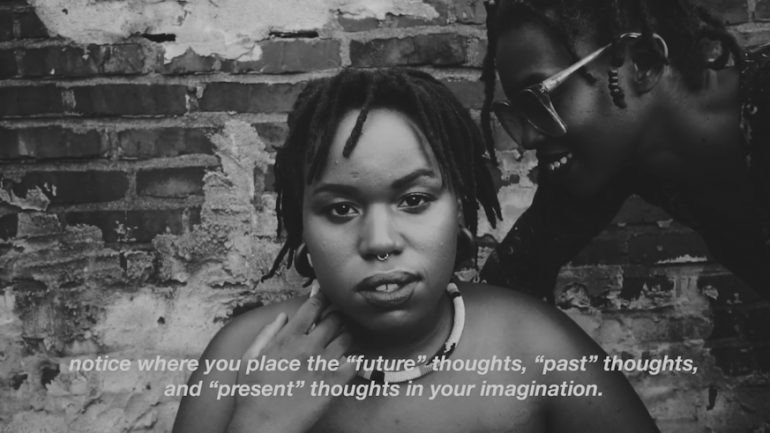
Ultra-red's practice of political (listening) is an expression of social engagement and an act of sincere interest in the communities the group works with. The act of listening to the present and the everyday experience of time in the Covid 19 situation provide answers to the question "What does the good life sound like?".
Similarly, the loose collaboration project School of Temporalities (Maja Bekan, Annette Krauss, Julia Wieger) explores the gender-dependent experience of time in the Covid 19 situation, through interviews with women from different communities, with different professions, and very different experiences of time and space.
Eva Egermann's work points to the experience of non-normative bodies in a similarly temporal regime of "empowerment". It is unfortunately not difficult to see that the world is built for normative bodies and what physical barriers these norms entail.
The exhibition recognizes the role of art in the production and staging of public space. It takes up this crucial task but shifts the focus to the possibility of art to stage other times and create a public time that can in turn change the present and the future. If a new regime of time is emerging, how can it be lived socially and made visible artistically?
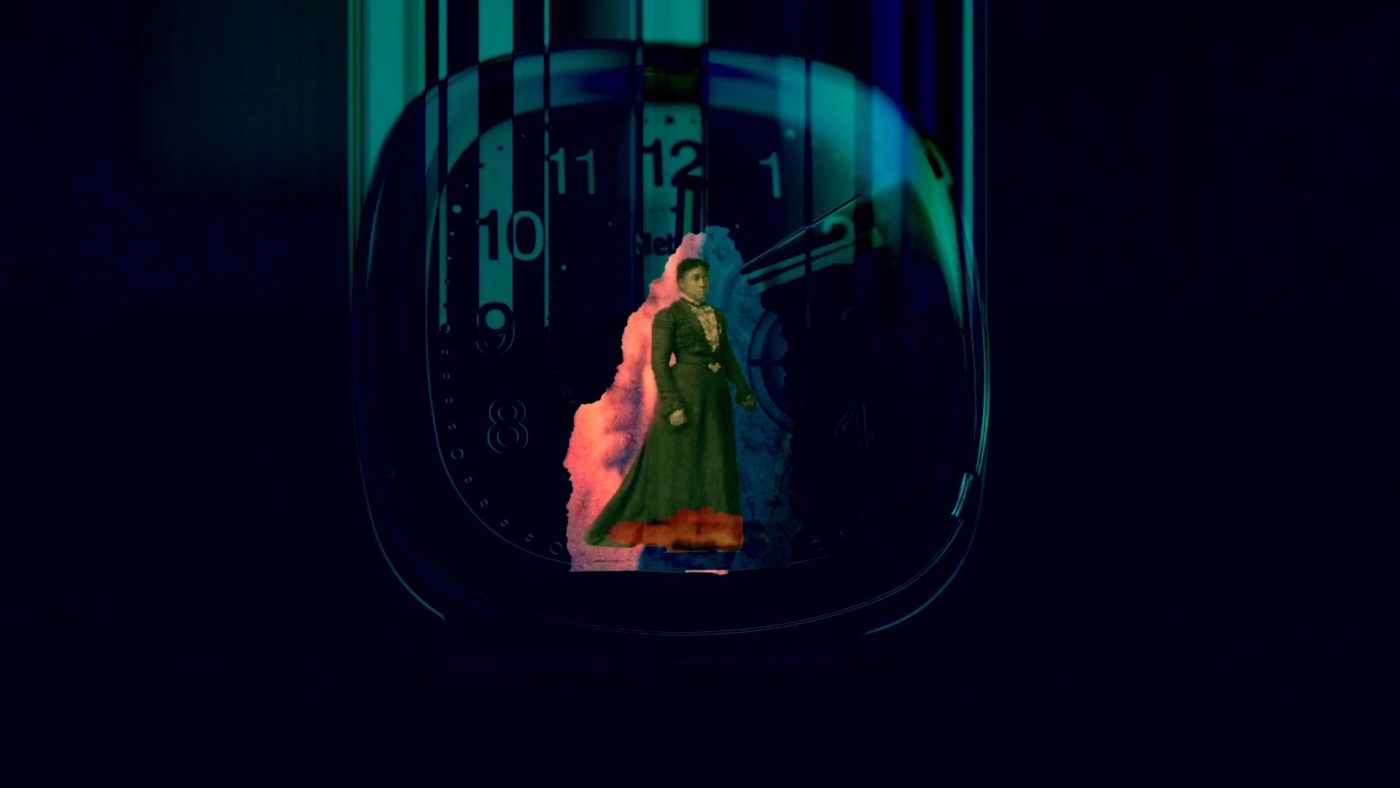
Exhibition: "If Time Is Still Alive" - In the frame of "The City & The Good Life" (Graz Kulturjahr 2020)
Curated by: Urban Subjects (Sabine Bitter, Jeff Derksen, Helmut Weber)
12. 3. – 23. 5. 2021, Tue – So 10:00 – 18:00
Camera Austria, Lendkai 1, Graz (Austria)




